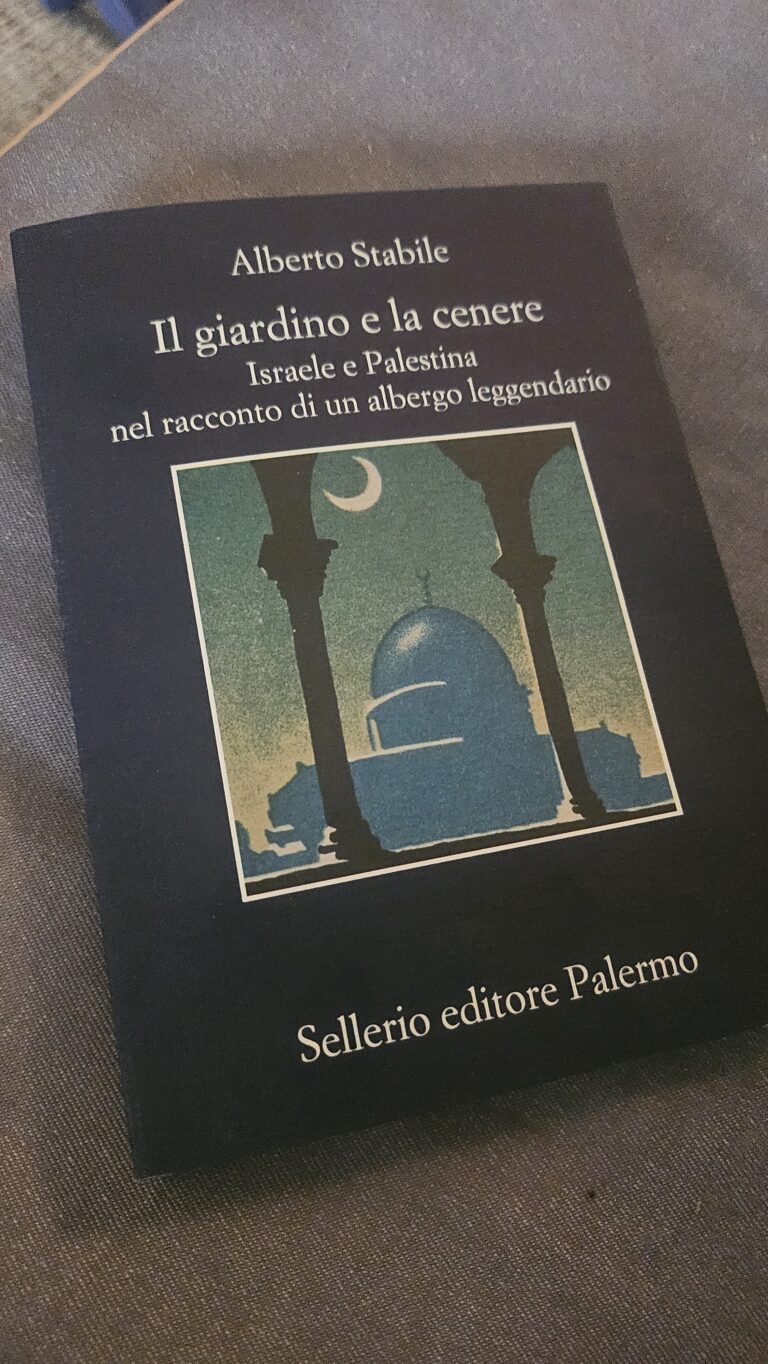Panthea was a Persian Lieutenant Commander who served under Cyrus the Great, a thing far from being uncommon for Persian women.
She played a crucial role in the Battle of Opis (539 b.C.) during the Persian invasion of Mesopotamia, in which the armies of Cyrus defeated the neo-Babylonian emperor Nabonidus, thus annexing Babylonia into the Persian Empire.
According to Xenophon’s biography of Cyrus, probably fictional, she was married to Abradatas, king of Susiana. ’cause she had to be a princess, otherwise the dude could not explain her commanding troops.
As the story goes, she was crucial in the formation of the alliance between Abradatas and Cyrus, which started off as enemies.
After a battle between the two parties, in fact, it is said that the lieutenant was captured and one of Cyrus’ trusted officers, named Araspe, firstly tried to seduce her and then, when refused, tried to force himself on her, without success.
Informed of this fact, Cyrus rebuked his officer and sent for Abradate to come and free her without fear of retribution.
When he knew how Cyrus had acted, the king of Susiana pledged his loyalty to him and became his general in the following battle against his former ally Croesus.
Panthea assisted in the formation of the so-called 10.000 “immortals” for the Persian army, that were crucial in the conquest of Lydia in 547 b.C.
King Abradate was then killed in battle and Panthea stabbed herself to death on top of his dead body, followed by her three eunuchs. They were buried on the spot and Cyrus had a pillar erected in their honour, with the names of the two in Syriac characters and a Greek inscription to commemorate the eunuchs.
De Scudery has her writing to Cyrus.






No Comments